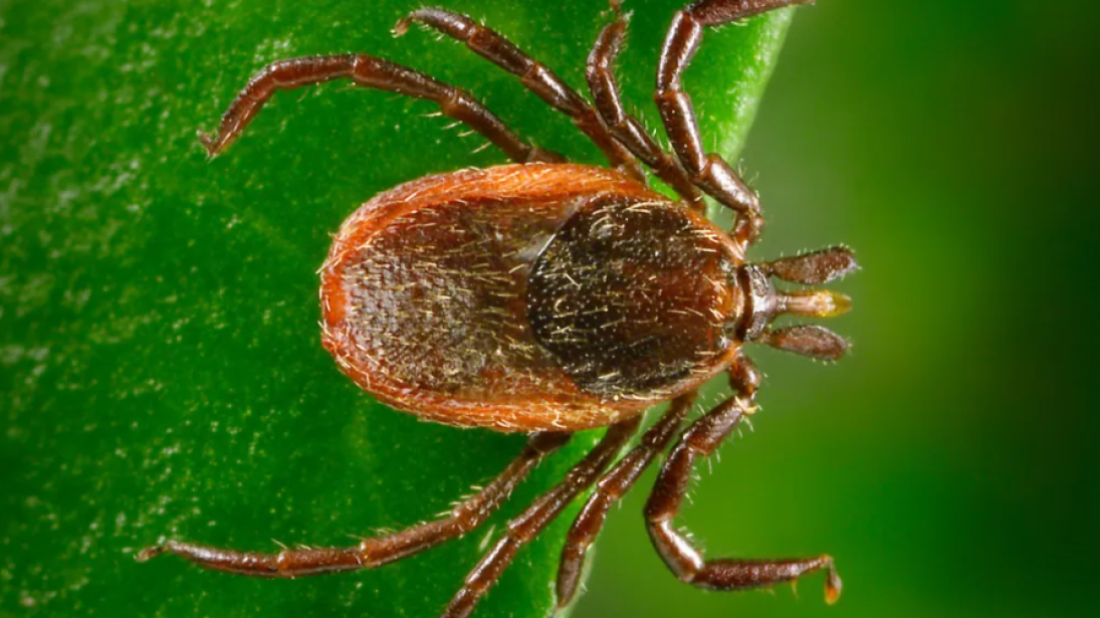A rare red meat allergy known as alpha-gal syndrome is drawing new attention as researchers link it not only to the lone star tick but also to other U.S. tick species, raising concerns about growing risks and underdiagnosis.
Cathy Raley’s sudden allergic reaction in 2017 began with hives and escalated into a severe anaphylactic episode that landed her in the hospital. At 61, with no known allergies, she was stunned—until she remembered a tick bite weeks earlier while hiking near her home in Olympia, Washington.
After consulting with allergist Dr. William Butler, Raley was diagnosed with alpha-gal syndrome, a rare red meat allergy triggered by certain tick bites. Traditionally linked to the lone star tick, which is not found west of the Rocky Mountains, her case—and another in Maine—has led researchers to believe that other species, like the western blacklegged tick and the blacklegged (deer) tick, may also cause the condition.
Alpha-gal syndrome stems from an allergic reaction to a sugar molecule (alpha-gal) found in mammalian meat and transmitted through tick saliva. Symptoms can range from hives and stomach issues to life-threatening anaphylaxis—and they often appear hours after eating red meat, making the condition difficult to diagnose.
“It’s unique in that adults can suddenly develop it,” said Dr. Sarah McGill, a gastroenterologist at the University of North Carolina, noting many patients have their symptoms dismissed. There’s no cure, though some may eventually tolerate red meat again.
Despite more than 110,000 suspected U.S. cases since 2010, alpha-gal syndrome remains little known. A 2023 CDC survey found 42% of healthcare providers were unaware of the condition, and many who had heard of it didn’t know how to diagnose or test for it.
The best prevention? Avoid tick bites altogether. Health experts recommend staying on trails, avoiding tall grasses, wearing light-colored, tightly woven clothing, and using EPA-registered tick repellents. Unlike other tick-borne diseases, alpha-gal syndrome doesn’t require a tick to remain attached for long—meaning even a brief bite can trigger the allergy.
Researchers are still trying to understand why some people develop the condition while others don’t, and what makes lone star ticks particularly potent in triggering the immune response.
Raley, now retired, avoids red meat and takes strict precautions outdoors. “Something’s changed,” she says, noting a rise in tick encounters on her property. “We never had ticks before—now we find them every spring and summer.”





















What is your opinion on this topic?
Leave the first comment